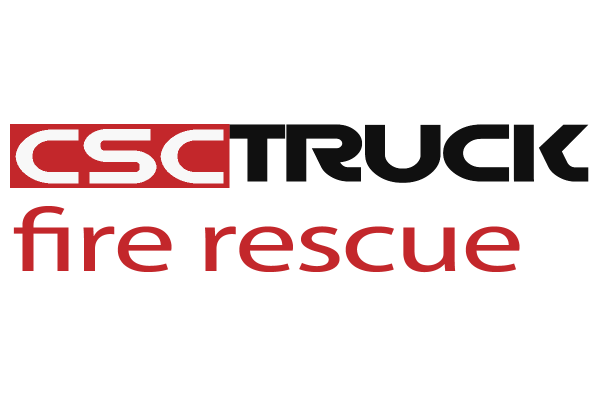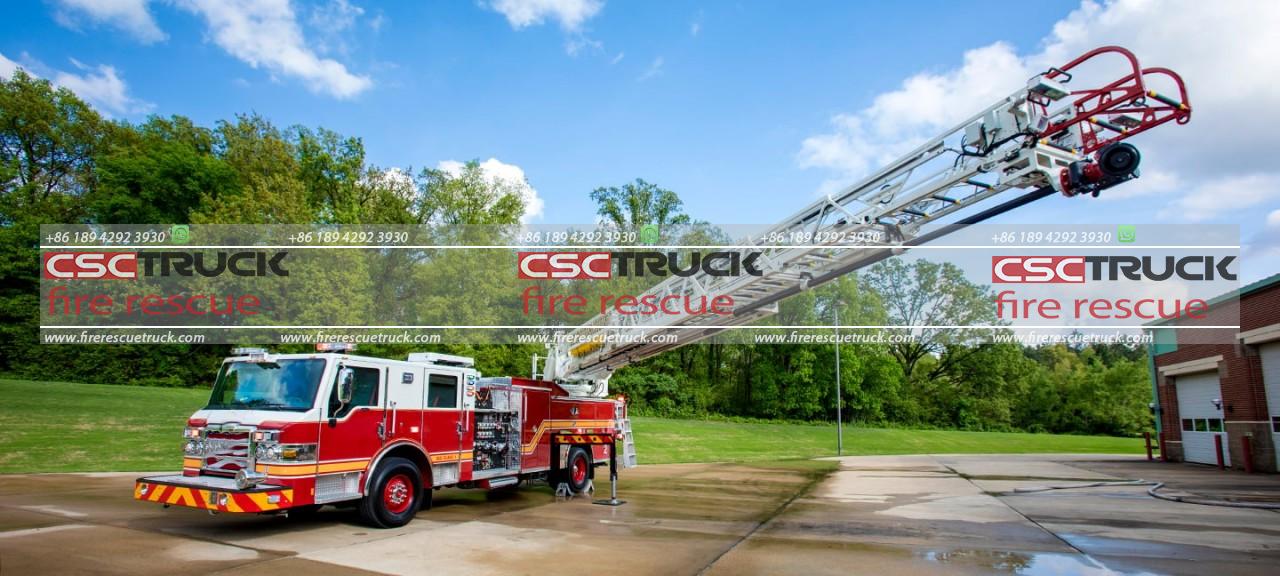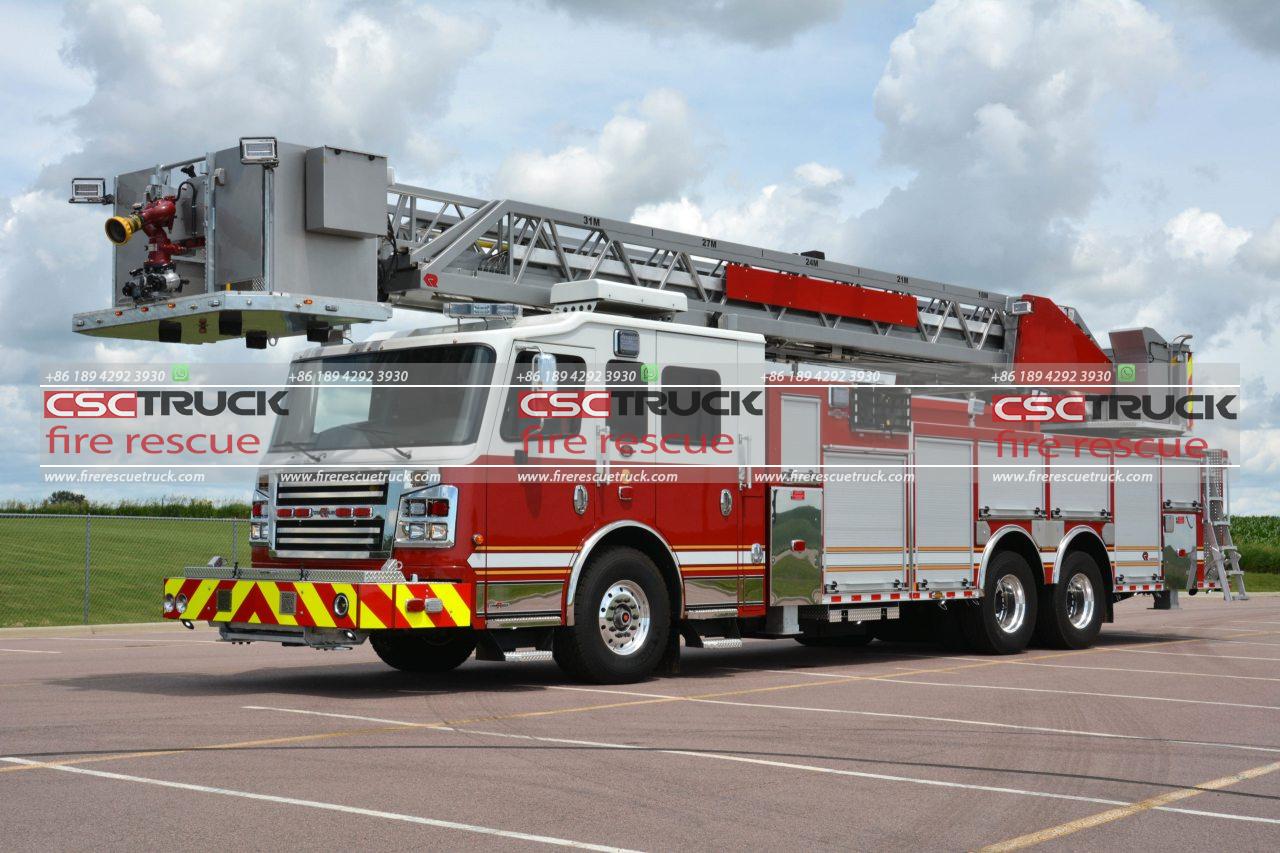Through a full analysis of the Volvo FMX series cab, it is evident that the rear section of this CrewCab double-row cab is innovatively developed based on a modular design concept. It is primarily designed to meet the comprehensive operational needs of multifunctional urban fire engines.
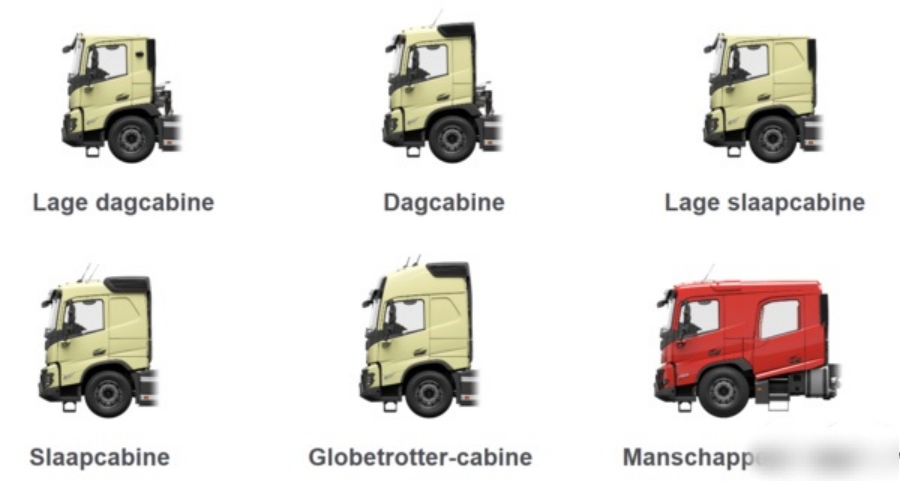
Advantages of Double-Row Cab Fire Trucks:
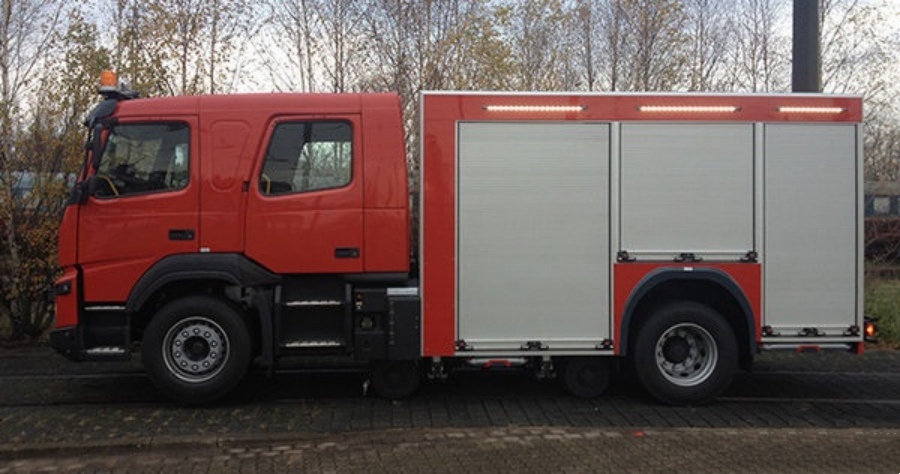
The most significant advantage of a double-row cab fire truck lies in its outstanding maneuverability. These vehicles typically feature a short wheelbase configuration ranging from 7 to 8 meters in length. The compact design ensures better passability in narrow road conditions.
Additionally, this cab is designed to accommodate 6 to 8 firefighters. While maintaining operational capabilities, it enhances emergency response efficiency during sudden incidents—especially major fire emergencies—by providing sufficient personnel for operating foam systems, water tanks, and aerial platforms.
Innovative Exterior Design:
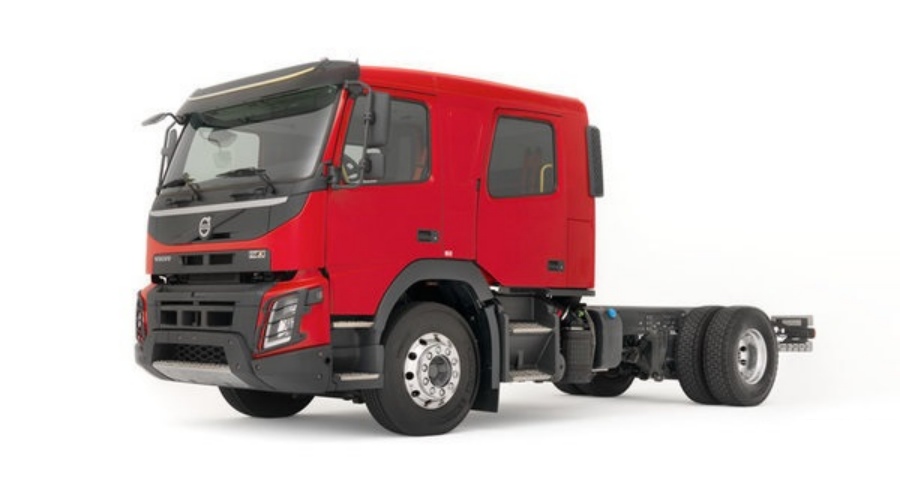
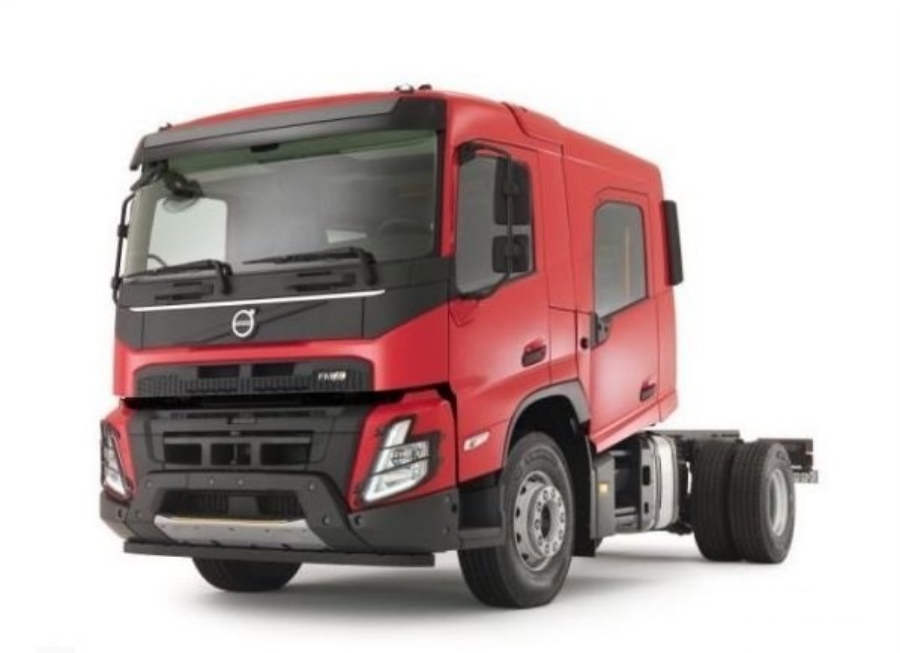
Compared with the 2013 model, the FMX double-row cab introduces major exterior improvements. Most notably, the widened lower bumper and integrated underrun protection bar improve passability while reducing potential safety risks.
The repositioned turn signals beneath the side door panels enhance visibility to pedestrians and passing vehicles, increasing overall safety awareness.
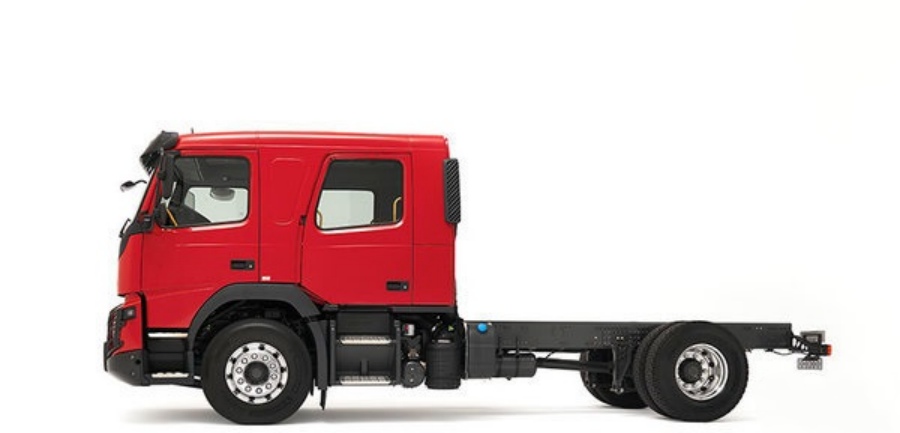
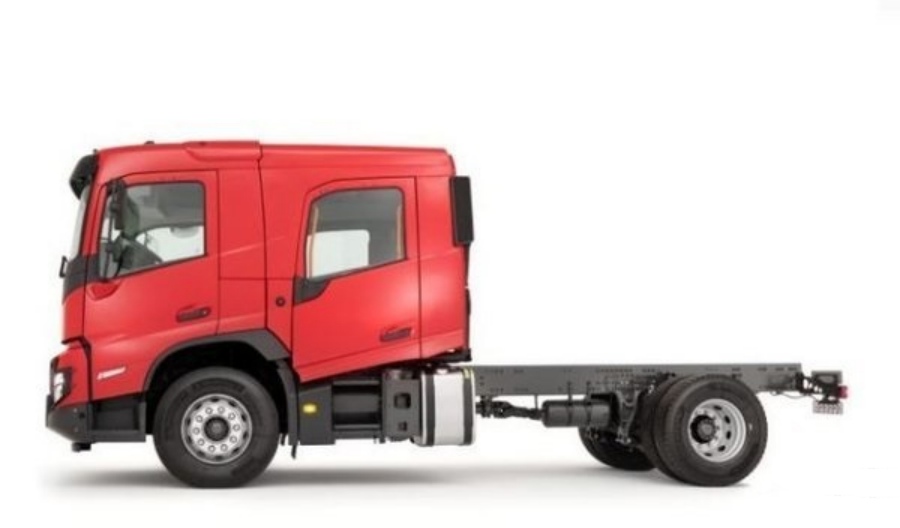
A nearly vertical A-pillar design increases the front cabin space by approximately 1 liter, improving cabin impact buffer capacity during collisions.
The vehicle features a newly designed inclined pull-down handle. The handle near the rear seats is lowered to a height of 1,300 mm from the ground, allowing firefighters easier and quicker access in emergencies, further supporting the vehicle’s maneuverability.
Spacious and Functional Interior:
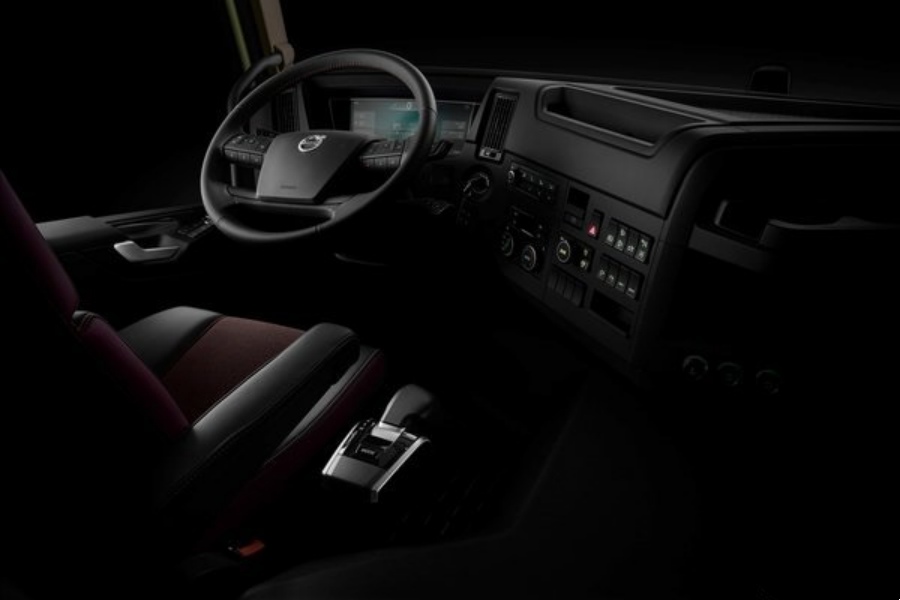
As a heavy-duty engineering vehicle, the FMX maintains high-quality component standards. The multifunctional steering wheel, full LCD instrument panel, and adjustable steering column all enhance driver comfort.
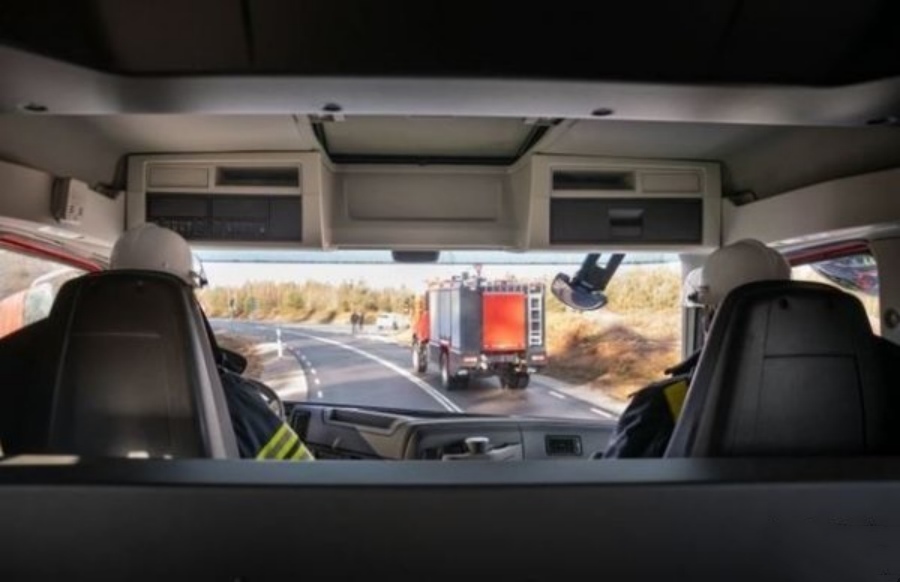
Changes to the A-pillar also improve cabin control ergonomics, with the altered angle contributing to a clearer, more direct windshield view, beneficial for navigating densely populated or high-traffic areas.
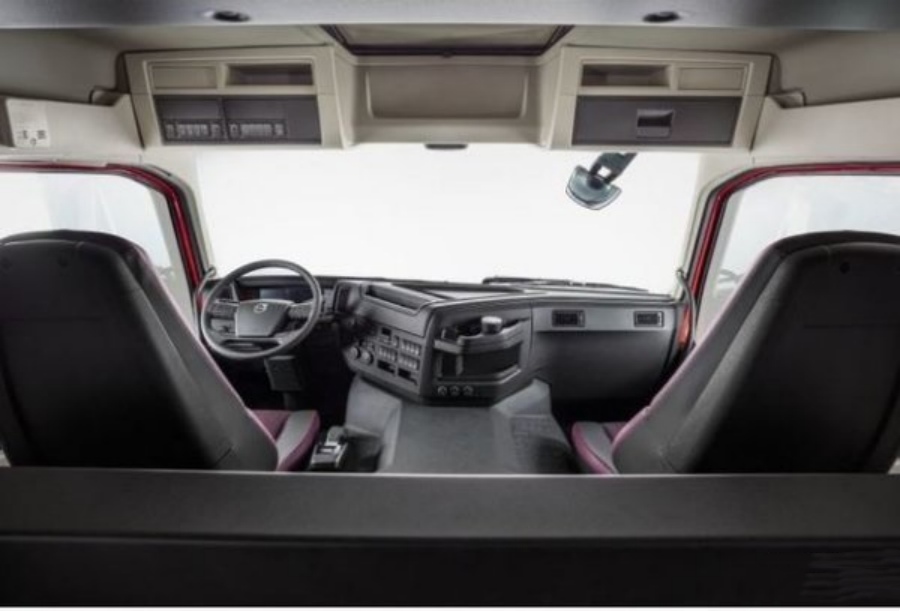
From the rear seating area, the cab ceiling features simple storage compartments and a driving recorder. Additional mounting points are available to support the installation of control modules for various firefighting superstructures.
The inward-sloped central ceiling is specifically designed for emergency escape through a roof hatch in rollover or critical situations.
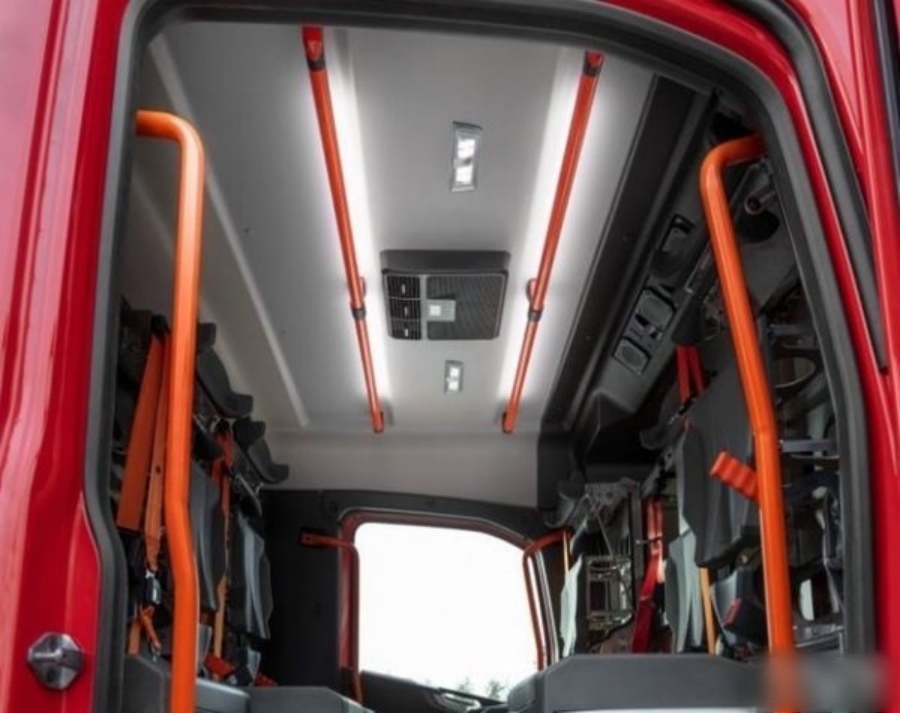
Volvo has also implemented the new inclined glass window design in the rear, not only reducing development costs but also ensuring better structural strength and safety visibility.
Compared to previous FMX models, interior space has been improved, particularly in seat configuration. The previous 4-seat rear row has been upgraded to a 4+2 facing arrangement. Each seat is equipped with a 3-point seatbelt for enhanced safety.
The central section of the roof includes a strip-type LED interior light and overhead grab handles, aiding safer entry and exit for crew members. Additionally, a standalone air-conditioning unit is installed to ensure adequate ventilation for up to six rear-seat occupants.
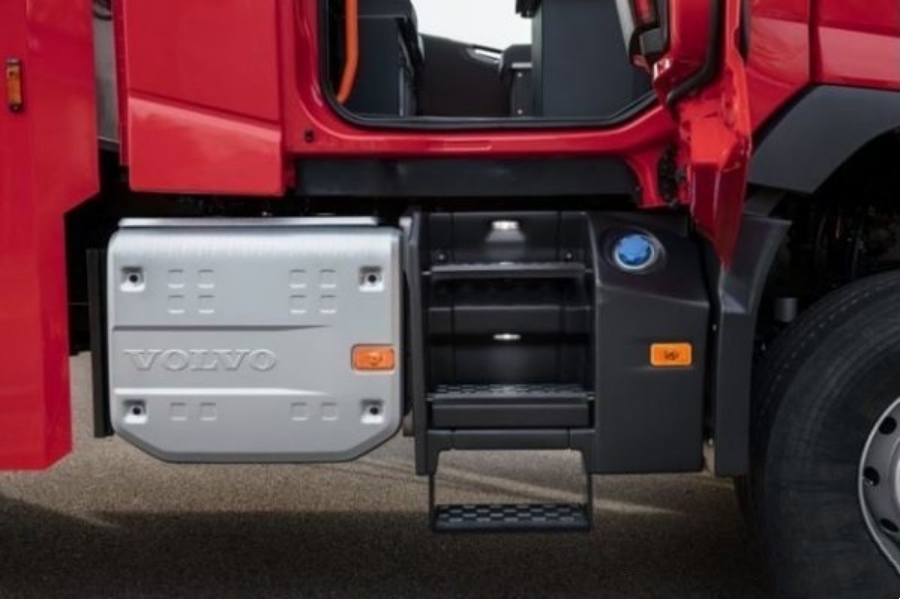
Ergonomic Features:
The FMX CrewCab also introduces a user-friendly integrated step design. On both sides of the step area, compactly arranged exhaust after-treatment components and urea tanks are located.
Photographs show that the step surfaces use perforated materials, which, combined with LED lighting that illuminates the ground, improve nighttime visibility and operational safety.
An added safety detail includes LED yellow warning lights on the exhaust after-treatment system. This is crucial since such systems reach high temperatures during engine operation, minimizing the risk of injury to firefighters.
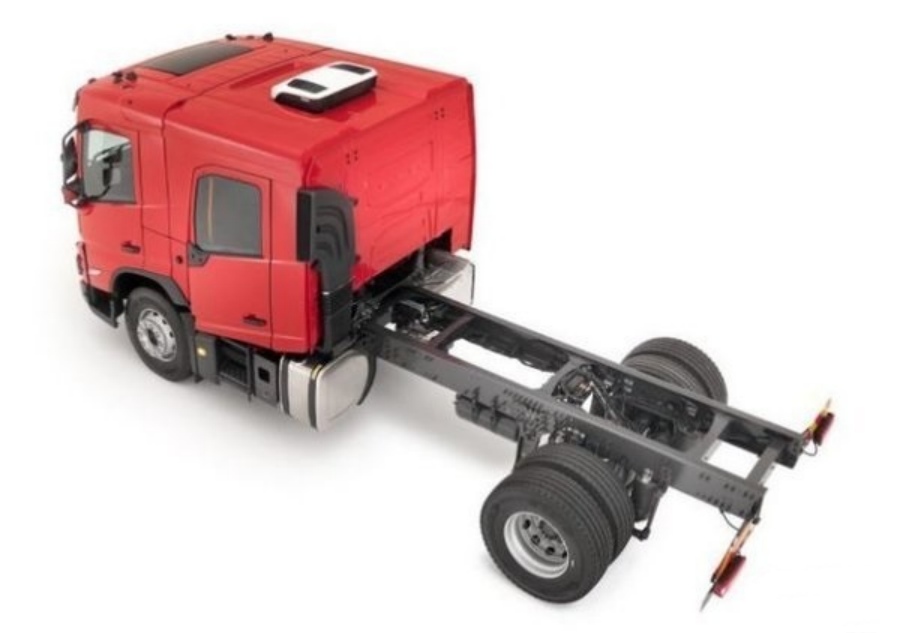
Suspension and Chassis Layout:
Designed primarily for short-range urban firefighting, the FMX CrewCab utilizes a highly reliable four-point spring suspension system for the cab.
Chassis layout reveals a compact 150-liter fuel tank—an optimal setup considering the intended rear body dimensions of 5,000 x 2,550 x 2,400 mm, allowing ideal spatial configuration for superstructures.
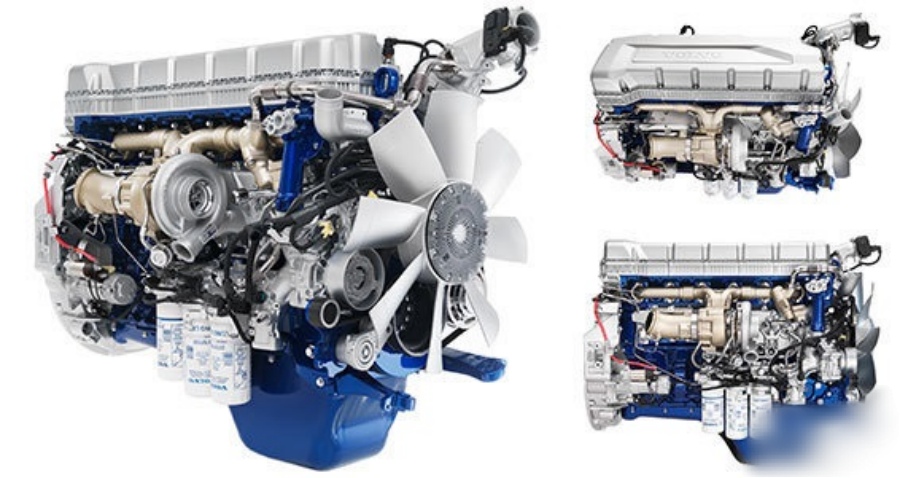
The front axle features 2-leaf parabolic spring suspension, while the rear uses either dual airbag trailing-arm suspension or multi-leaf spring setups.
Power is provided by the D11K Euro 6/5 series engine, delivering between 330 and 450 horsepower. Depending on operational requirements, users can select from 3 variants of the I-Shift automated manual transmission system.
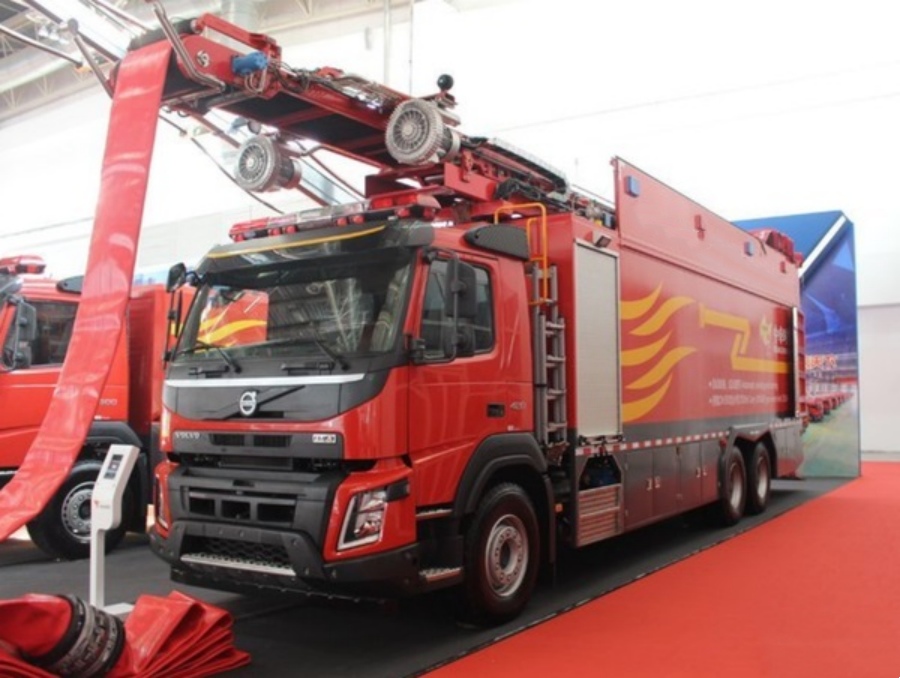
FMX-based fire trucks are typically configured for functions such as smoke extraction, water transport, foam suppression, and aerial ladder operations.
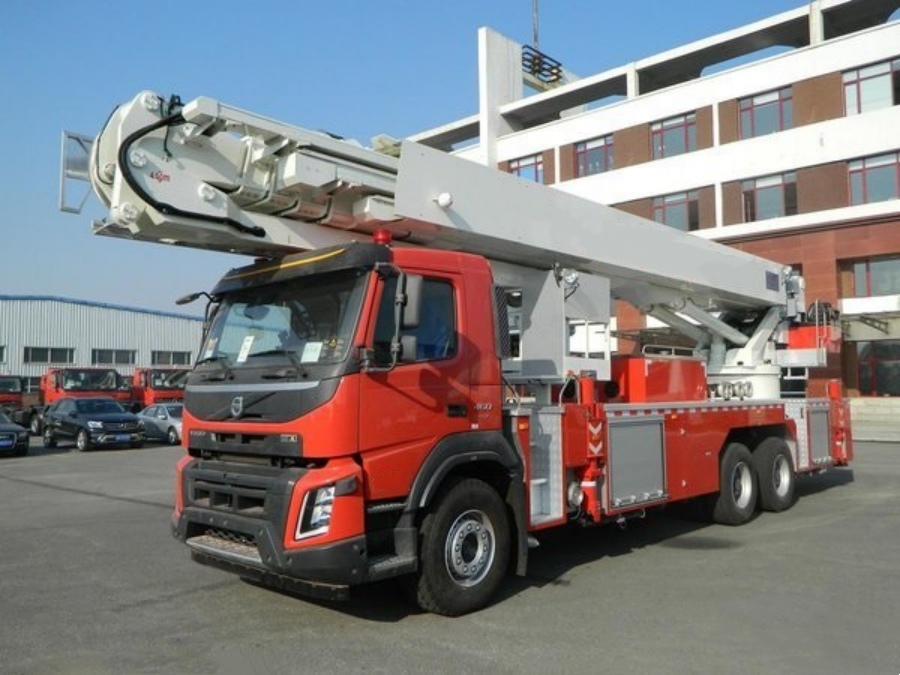
Particularly, telescopic or articulating aerial platforms based on high-capacity chassis configurations like 10×4 or 8×4 can achieve effective working heights of 53 to 68 meters. These configurations, combined with the FMX’s dependable power system, provide robust and stable performance in emergency scenarios.
